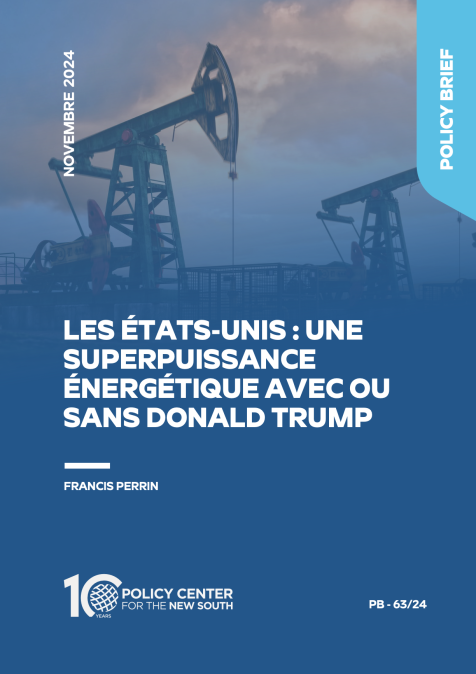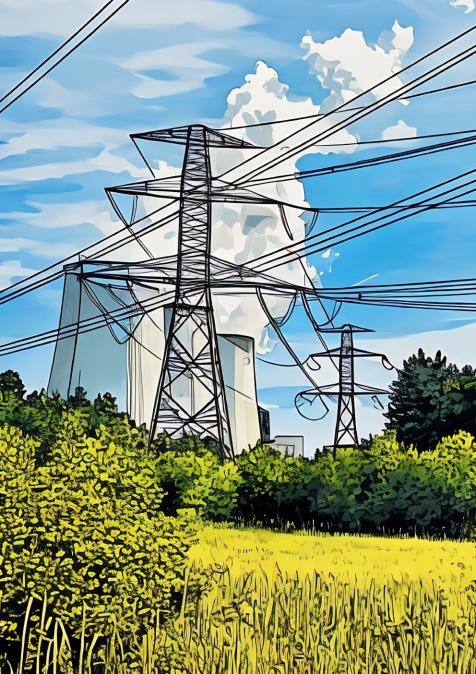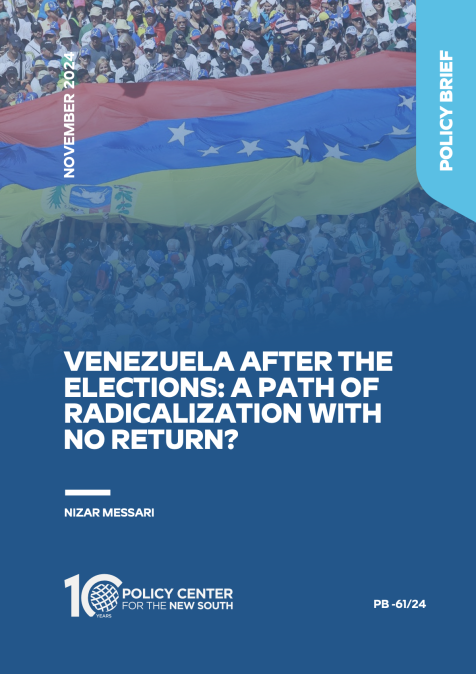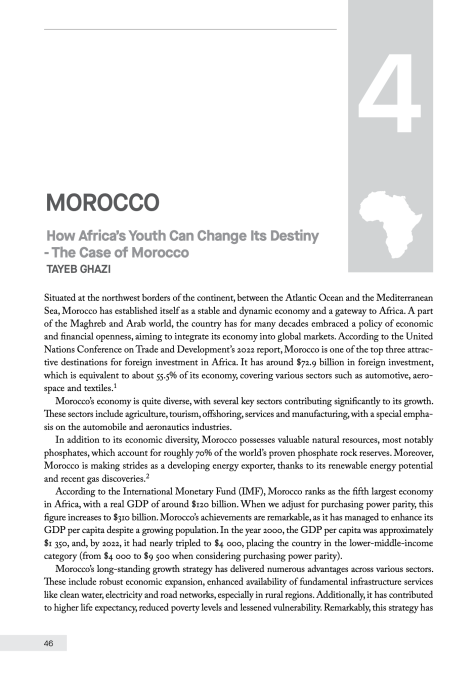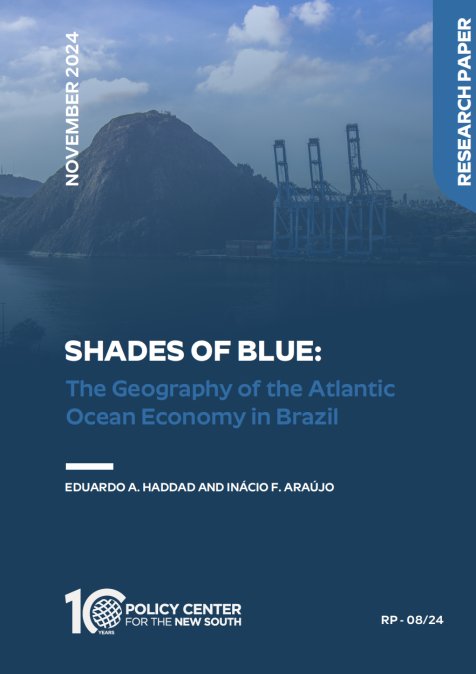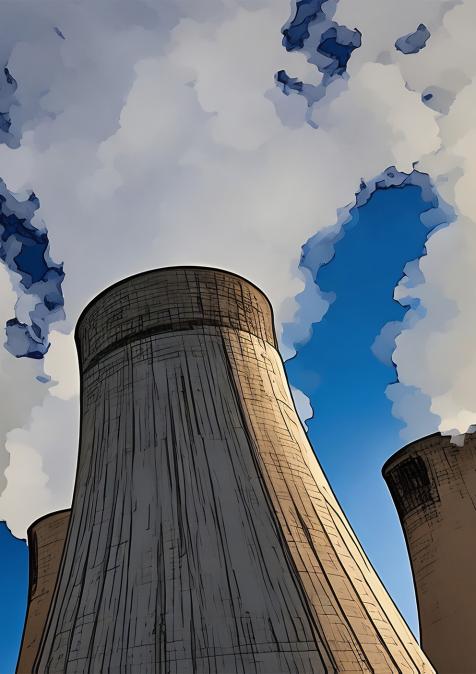Publications /
Research Paper
Cet article présente une analyse quantitative, dans le cadre d’un modèle à générations imbriquées, des relations entre la transformation industrielle, la croissance économique et l’emploi, ainsi que du rôle des politiques publiques dans ce contexte. Le modèle tient compte des activités d’imitation et d’innovation, du système éducatif, du capital public en infrastructure de base et infrastructure avancée, des distorsions du marché du travail, et d’une relation bidirectionnelle entre les investissements directs étrangers et la qualité du capital humain. La solution stationnaire du modèle est calibrée pour le Maroc et une série de simulations de politiques économiques individuelles (une hausse de l’investissement en infrastructure, une réforme du système éducatif, une réduction du degré d’indexation des salaires, une politique de promotion de la migration de travailleurs qualifiés, une hausse des investissements directs étrangers, et une politique d’amélioration du climat des affaires), ainsi que plusieurs programmes intégrés de réformes, sont analysées.



